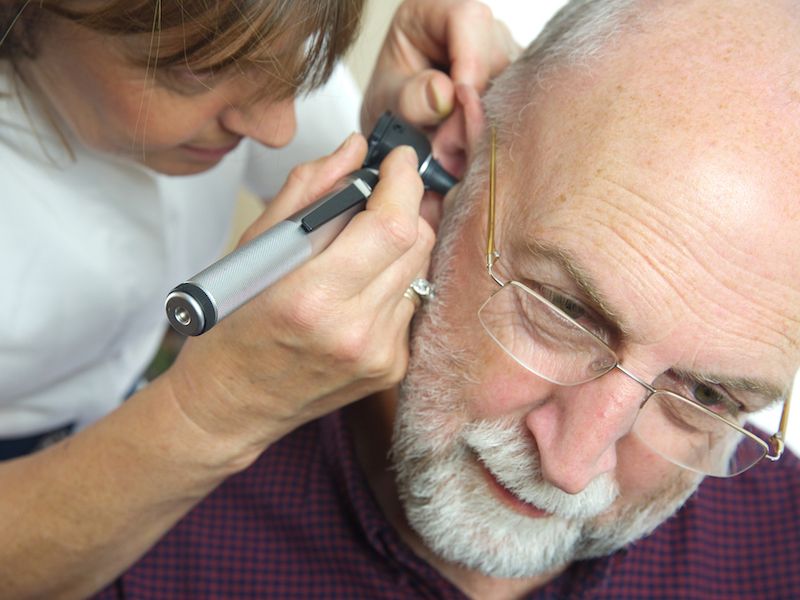
You still visit the eye doctor every year if you own glasses, right? That’s because your eyes change with time. In fact, nothing in your body is static, your eyes aren’t and, the reality is, neither are your ears. That’s why, just like you do with your eyes, it’s necessary to keep getting your ears checked even after you’ve invested in a set of hearing aids.
Unfortunately, many people miss those regular checkups. Perhaps they’ve been consumed with enjoying their lives to get back in to see their hearing specialist. Or perhaps your job has been stressful lately. Or it’s possible you’ve simply been so happy with your hearing aids that you haven’t had a reason to get another appointment. That seems like it should be a good thing, right?
Over time, for people with hearing loss, it is even more important to have even one follow-up consultation. Yet lots of people disregard regular care. According to one survey, only 33% of seniors with hearing aids also used regular hearing services.
After You Have Hearing Aids, Why Should You Require to Get Normal Examinations?
Your hearing is dynamic. Over time it changes. It’s significant to modify the hearing aids to resolve those changes. Occasional testing helps monitor any changes in hearing and catch issues early.
And that isn’t even the only reason why it may be a good idea to keep regular appointments with a hearing expert once you get your hearing aids. Here are some reasons why you really should show up for your hearing examinations:
- Calibrating Hearing Aids: Although your general hearing health may continue to be stable, small changes in your hearing might produce the need for annual adjustments of your hearing aid. Without this calibration, your hearing aids might slowly become less effective.
- Hearing degeneration: Even if you use a hearing aid, your hearing may continue to deteriorate. If this degeneration is happening over a long period of time, you most likely won’t know it’s happening without the aid of a hearing assessment. Appropriate alterations to your hearing aids can often slow hearing declines.
It’s crucial to have your hearing aids cleaned professionally from time to time as well as keeping track of changes in your hearing. We can help make sure your hearing aid is operating the way it should, clean all the little parts and keep it in top notch condition.
If You Don’t Follow up With Regular Examinations There is a Consequence
The greatest concern, here, is that eventually, the hearing aids will quit functioning the way they’re supposed to, so you’ll become aggravated with them and stop wearing them altogether. Using hearing aids helps you hear better, without a doubt, but it also affects your overall health. If you discontinue wearing your hearing aids, not only can your hearing decline faster, you may not notice it immediately. Untreated hearing loss has been associated with various health issues like mental decline and a greater risk of accidents.
In terms of having your hearing aids operating at an ideal level, normal check ups are your best choice. Annual hearing assessments or screenings can help you make sure your hearing aids are functioning in the way they should and that your hearing is safeguarded. So make your hearing appointment right away.